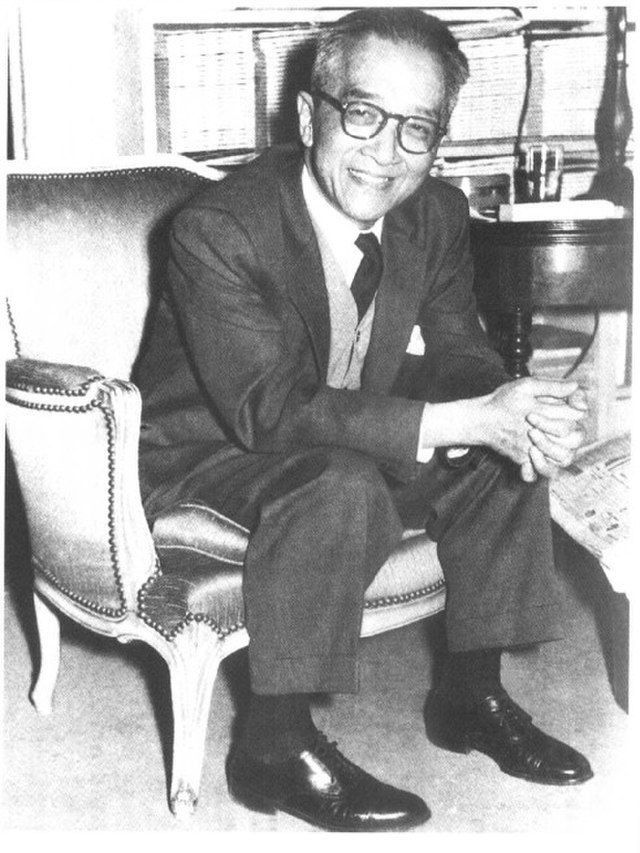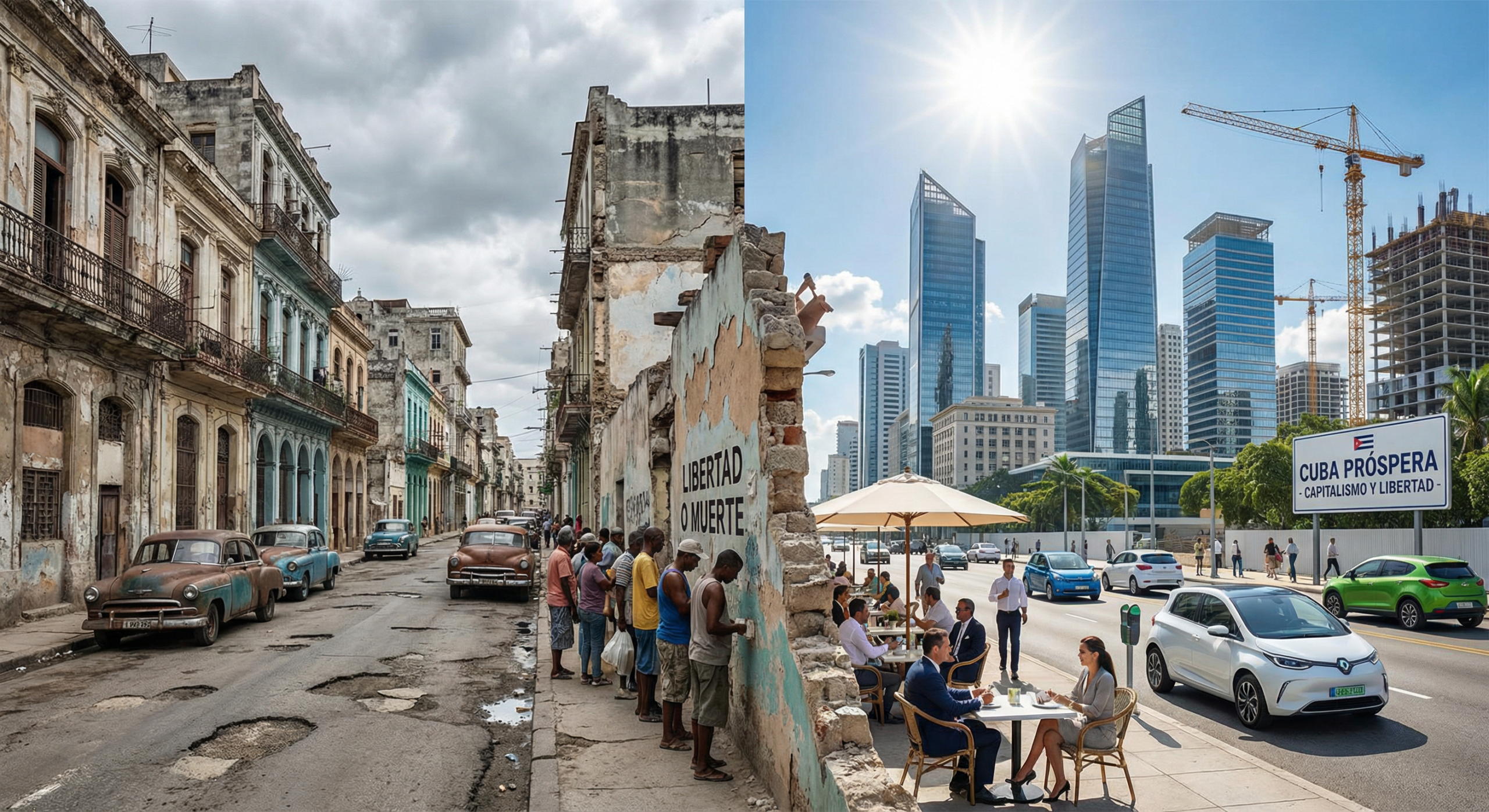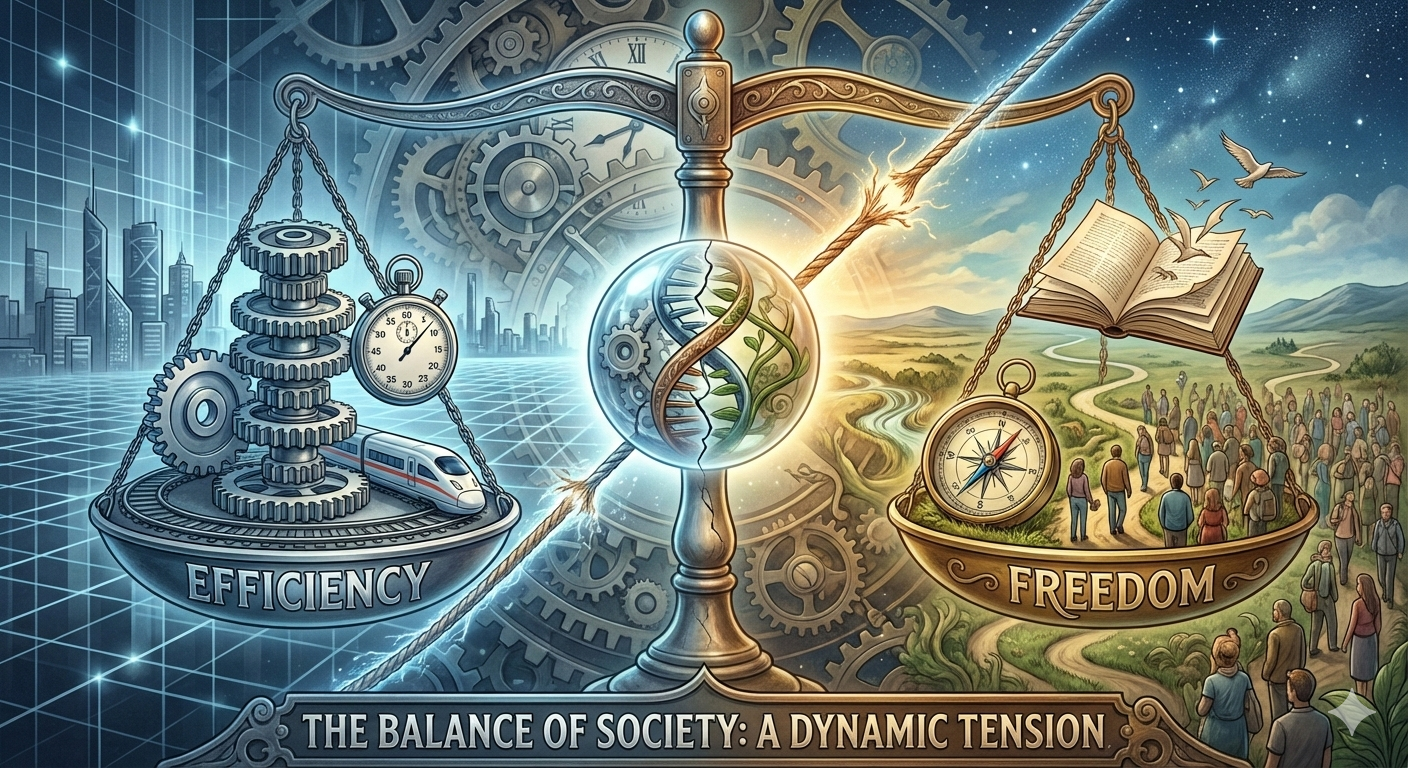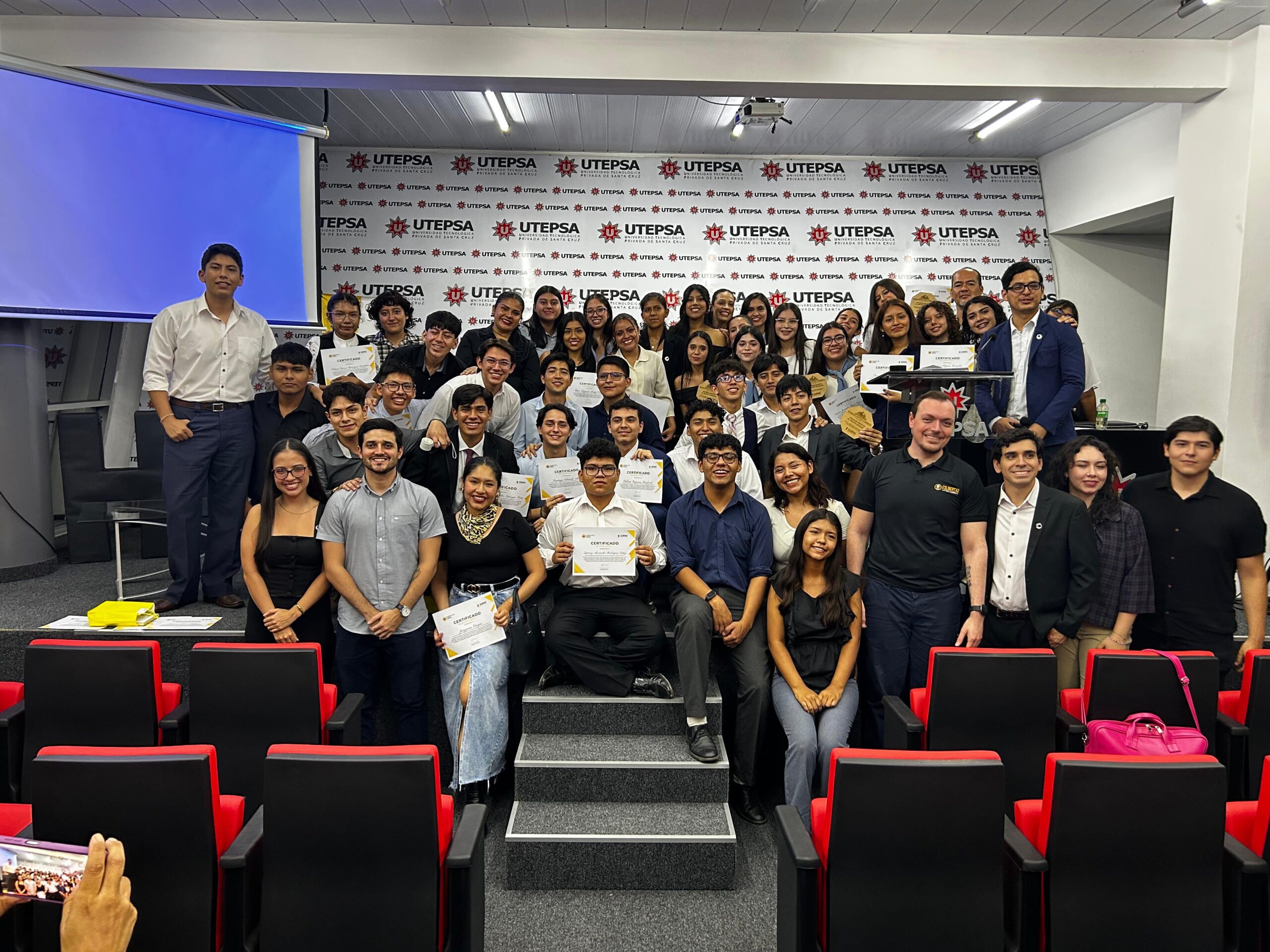Immigration by Nitesh Meena, licensed under Unsplash
The following is an excerpt from a short article by Don Boudreaux in Cafe Hayek. He targets the most common assumption about resources to drive a bigger argument on Immigration. The article draws heavily on the arguments of the American Intellectual Julian Simon in his famous work ‘The Economic Consequences of Immigration.’
“There are no natural resources. At first, this notion sounds wacky. After all, the human mind didn’t create the likes of wood or iron ore or petroleum. These materials were created by nature; that’s why they’re called “natural resources.” It’s true that nature created these materials, but nature did not transform them into resources. This all-important transformation was the product exclusively of human creativity, intellect, and effort. For example, what we humans now recognize as iron ore is just rocks that are especially rich in iron oxides. By themselves these rocks are useless. But they have become useful because humans, first, discovered that iron oxides can be turned into substances — iron and steel — that serve human purposes, and second, have figured out how to extract the oxides from the rocks and then to manufacture them into iron and steel. Without this creativity, intellect, and effort, iron ore would be no more a resource to people than it is to porcupines.
In short, a material’s character as a resource is instilled in it by human ingenuity. This fact is true even for land. For the vast majority of human existence, the land was merely the turf upon which we, like all other land creatures, trod, sat, and slept. Not until about 10,000 years ago did some creative individuals figure out how to cultivate land for agricultural purposes. Only then did land become a resource. Simon’s idea is simultaneously simple and startling. Once grasped, its truth is undeniable. Yet its implications are profound — none more so than the realization that the amount of resources on earth is not fixed.
In free societies, greater immigration means greater quantities of the ultimate resource. No longer constrained by the oppressive government policies or stifling traditions of their homelands, immigrants to countries with more economic freedom are encouraged to exercise their creativity and productive efforts in ways that in their homelands are either prohibited or unrewarded. The inventiveness and ingenuity of immigrants across the skills spectrum intensify. And all of them who operate in competitive markets mix their ideas and work efforts more frequently and with more ingenuity with the ideas and work efforts of other people. Innovation is fueled, production expands, and our already-high standard of living grows further.
If we denizens of destination countries applaud whenever new deposits of resources such as petroleum and zinc are discovered in our countries, we should follow the example of Julian Simon and applaud even louder and longer when new supplies of the ultimate resource — the human mind — arrive in our midst.“
The above article was inspired by the ideas of Julian Simon who himself was a great resource after all.







